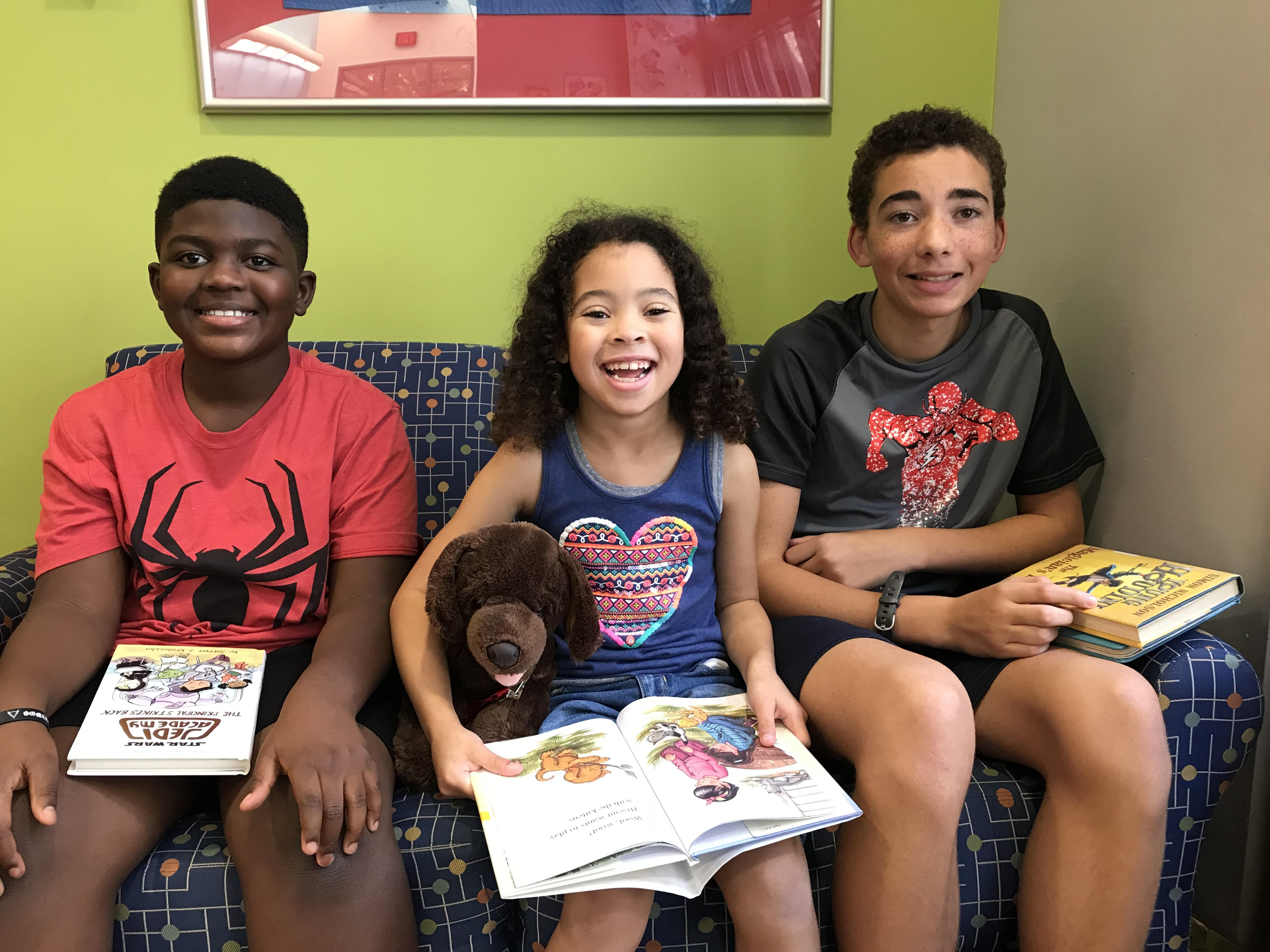
By Tonya Jameson
The kitchen table in the Jacksons’ north Charlotte home is stacked with books and writing paper. Three Black boys thumb through the books, looking for animals to write about. Kristin Jackson tells them the day’s assignment and leaves them to work.
Jackson, 45, used to think homeschoolers were weird. Now she is one.
After enrolling and then removing her children from public and private schools, Jackson began homeschooling her two sons and daughter a few years ago. It wasn’t an easy decision, but it’s one that she and her husband haven’t regretted.
The Jacksons join a growing legion of Black parents who have decided to educate their children themselves. They are part of the reason that homeschool student enrollment now leads private school enrollment by 10,000 students in North Carolina, according to the Division of Non-Public Education. Black students make up only eight percent of the homeschool population nationwide, but that number tripled in the last two decades.
Black parents are drawn to homeschooling for a myriad of reasons, ranging from medical issues to flexible scheduling to cultural competency. For the Jacksons, a medical issue with Jalen, 13 caused him to miss a lot of school. He was so behind that when he did attend, he hated it and stressed out. That increased his chances for seizures.
His medical care team suggested homeschooling. Jackson wasn’t sure. She was educated at a top public school system in Maryland, where she grew up. She had her own stereotypes about homeschoolers. Her grandmother, mother and aunt were public school educators. Her family questioned her qualifications. After all, her background was in social work, not education. They, like her, wondered if she was up to the challenge, and they were worried that her children would grow up with poor social skills.
Jackson researched everything, from homeschool curriculums to free local educational programs. She found other Black homeschoolers on Facebook. She created a library in her home. Her hard work paid off.
Jackson spent two years focusing on Jalen’s reading comprehension, to get him on grade level. She and her husband decided to try it with elder son Chris, 17, as well. His PSAT score went from a 780 to 1,000 a year later. He will start at Central Piedmont Community College this fall.
Jackson adapts her curriculum to fit her children’s learning needs. Chris is an auditory learner. Jalen, 13, learns visually, and daughter Gianna, 6, needs hands-on activities. She’s a kindergartner, and would have had to wait until next year to start at a public school because of her late birthday, but Jackson will start her on a kindergarten curriculum this fall.
The Jacksons and other parents interviewed for this story say their children’s test scores and competency have improved, but there is little definitive data on educational performance of Black homeschoolers. A 2015 study in the Journal of School Choice did find that Black homeschooled students scored “significantly higher” on reading and math tests than did Black students enrolled in public schools. That study, though, was conducted by a researcher at an organization that advocates for homeschooling, according to an article in The Atlantic.
Homeschooling isn’t just an option for the affluent. It is used by single mothers, working class families and beyond. Josue and Shonte Moise run Academy Achievers, which offers extra-curricular programming for students, and say their parents include single mothers, business owners, third-shift workers and two-parent homes.
Initially, Jackson homeschooled her children alone, but now she has a group of kids she also teaches a couple of days a week for literacy. She wanted her children to participate in group projects, but when she participated in other programs she rarely saw other Black children. She posted inquiries on Facebook to organizations such as African American Homeschoolers of Charlotte, and began creating a network for her children. There are even national organizations such as the African American Online Co-Op, African-American Homeschool Network and National Black Home Educators.
She also takes advantages of free community resources, such as Spanish language classes at the library and science programs at Discovery Place and Reedy Creek Nature Preserve. The YMCA offers homeschool programming to enrich parents’ curricula.
Contrary to her families’ concerns, Jackson’s children are far from socially awkward. Chris is a few steps away from becoming an Eagle Scout, and plays football. Jalen runs track. Gianna is adorably social and far from shy.
“That was my main concern, that they wouldn’t be able to get everything they would need,” said Jackson’s mom. “I feel much better about homeschool. They’re not just sitting in front of a computer. They do field trips and incorporate it into their learning.”
Homeschooling has also created a cottage industry locally. The Moises started the Academy Achievers to provide supplemental education outside of the standard core education classes, such as math and reading.
They created Academy Achievers after they began homeschooling their son a few years ago. Shonte Moise said she used to spend hours each night working with him on his schoolwork. So, she decided to teach him herself. Friends asked if their children could participate. Most of the Academy Achievers students come from word of mouth.
The Moises say Black students aren’t exposed to the same classes and programming as their white peers. Academy Achievers evens the playing field.
“We’re not trying to isolate them,” Josue Moise said. “We want to give them a dominant advantage so they can compete.”
Core classes at Academy Achievers include computer coding, art, physical education and agriculture. Specialty classes include piano, film and chess.
The Moises also provide orientation and assistance for parents transitioning to homeschooling. They provide a support system and help with paperwork.
Jackson and Shonte Moise say discipline is rarely a problem with their home school students.
“It’s the mind-set, it’s the lifestyle. Once they start homeschool, they have a mind-set,” Shonte Moise said. “They want to be there.”
